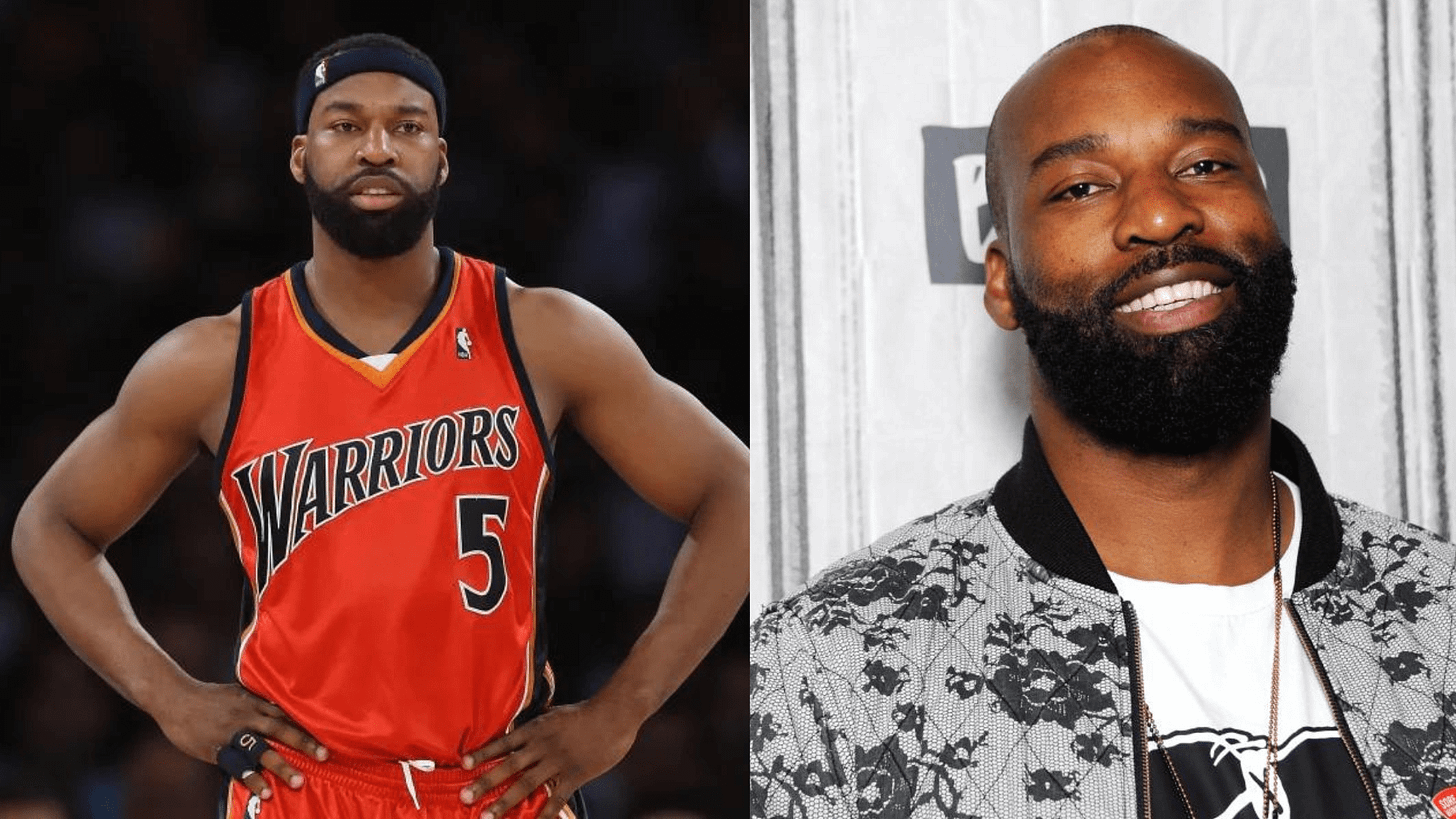Baron Davis on Investing, NIL, and Financial Literacy
Insights from one of the greatest athlete investors to ever live.
Former NBA All-Star point guard Baron Davis is one of the most prolific athlete investors and entrepreneurs.
Through his company, Baron Davis Enterprises, he has made nearly 50 public investments, founded several companies, and produced multiple documentaries.
The former basketball player has an impressive resume:
played for five NBA franchises earning $…



